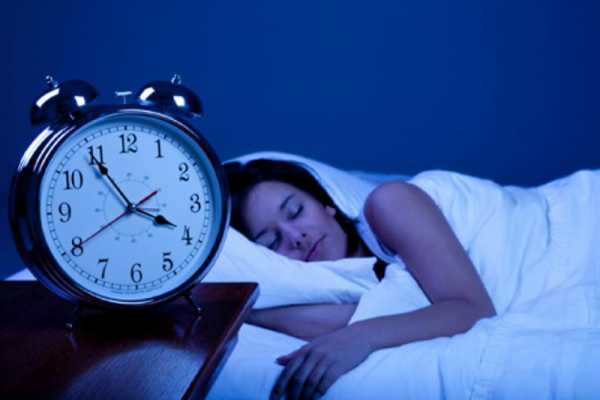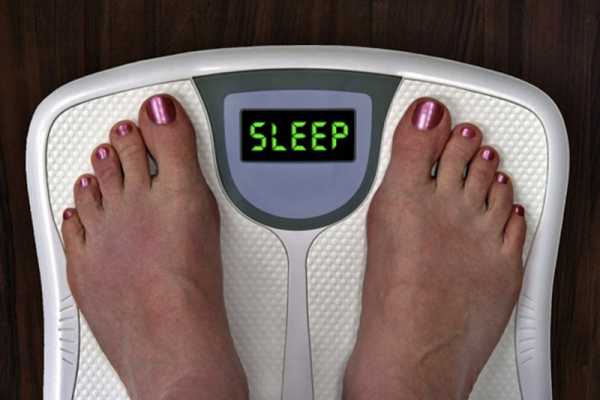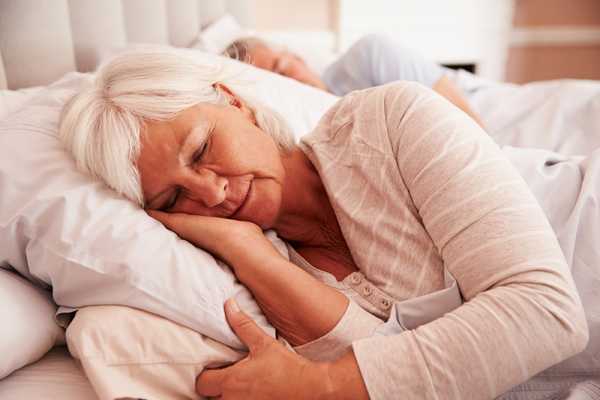
Sleep is such an important part of your overall health that no amount of healthful food and exercise can counteract the ill effects of poor sleeping habits. Researchers have linked poor sleep to a number of ailments, from short-term memory loss and behavioural problems, to weight gain, diabetes, and even increased risk of cancer, just to mention a few. On the other hand, oversleeping has been linked to a host of medical problems, including diabetes, heart disease, and increased risk of death.
It’s a little hard to believe there’s such a thing as sleeping too much, since so many of us feel like it’s a struggle to even get barely enough. Regularly logging more than nine hours of sleep a night may be a sign of an underlying medical condition, but it also puts you at risk for a whole host of health concerns.Researchers are careful to note, however, that two other factors — depression and low socioeconomic status — are strongly associated with oversleeping. Those two factors may be the reason for the observed negative health effects. For example, people of lower socioeconomic status may have less access to health care and therefore more undiagnosed illnesses, such as heart disease, which, in turn, may cause oversleeping.
How much sleep is too much?
–

–
The amount of sleep you need depends on your age and activity level as well as your general health and lifestyle habits. For instance, during periods of stress or illness, you may feel an increased need for sleep. But although sleep needs differ over time and from person to person, experts typically recommend that adults should sleep between seven and nine hours each night to feel and function their best.
Reasons for sleeping too much
Oversleeping is actually a medical disorder for people who suffer from hypersomnia. This causes people to suffer from extreme sleepiness throughout the day, which is not usually relieved by napping. It also causes them to sleep for unusually long periods of time at night. Many people with hypersomnia experience symptoms of anxiety, low energy, and memory problems as a result of their almost constant need for sleep.
Obstructive sleep apnoea, a disorder that causes people to stop breathing momentarily during sleep, can also lead to an increased need for sleep. That’s because it disrupts the normal sleep cycle.
Other possible causes of oversleeping include the use of certain substances, such as alcohol and some prescription medications. Other medical conditions, including depression, can cause people to oversleep.
Health Risks Associated with Sleeping Too Much
Depression
In a 2014 study of adult twins, researchers found that long sleep duration increased a person’s risk of depression symptoms. The study participants who slept between seven and nine hours a night had a 27 percent heritability of depressive symptoms, while those who slept nine hours or more had a 49 percent heritability. Roughly 15% of people with depression sleep too much. This may in turn make their depression worse. That’s because regular sleep habits are important to the recovery process. Long sleepers reported mental distress more frequently than those getting a normal amount of sleep.
Diabetes
In a small study from Quebec, researchers found that people who slept more than eight hours a night were twice as likely to develop type 2 diabetes or impaired glucose tolerance over a six-year period than people who slept between seven and eight hours a night, even after controlling for differences in body mass.
Weight gain
–

–
Sleeping too much or too little could make you weigh too much, as well. The same researchers also found that people who slept nine to 10 hours each night were 25 percent more likely to have gained 5 kilograms over the study period, even after controlling for food intake and physical activity.
Risk of heart disease
Research shows that sleeping eight or more hours each night was linked to an increased risk of heart problems. Researchers found that long sleepers had two times the risk of angina and 1.1-times the risk of coronary artery disease.. A recent study showed that women who slept nine to 11 hours per night were 38% more likely to have coronary heart disease than women who slept eight hours.
Memory loss and declined brain function
–

–
A 14-yearlong study involving women found that long sleepers suffered more rapid brain aging. Chronic long sleeping can age your brain by as much as 2 years and make it difficult to perform everyday tasks
Premature death
A meta-analysis of 16 different studies involving nearly 1.4 million study participants found that both long and short sleepers had an increased risk of dying, from any cause. Sleeping more than eight hours was associated with a 1.3 times greater risk of all-cause mortality.Apart from these most common health risks other health issues like headaches and difficulty to get pregnant are also some of the issues. Researchers believe this is due to the effect oversleeping has on certain neurotransmitters in the brain, including serotonin. A Koreas research team found that pregnancy rates were highest among the women who got seven to eight hours of sleep a night and lowest in women who got nine to 11 hours.